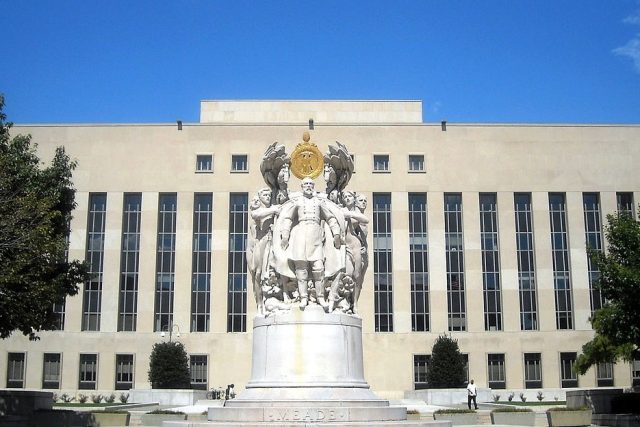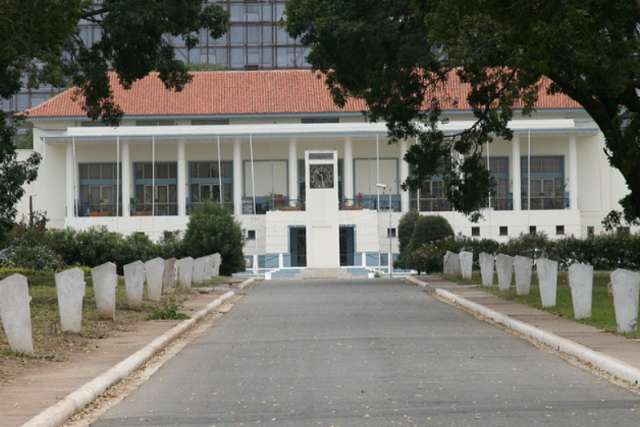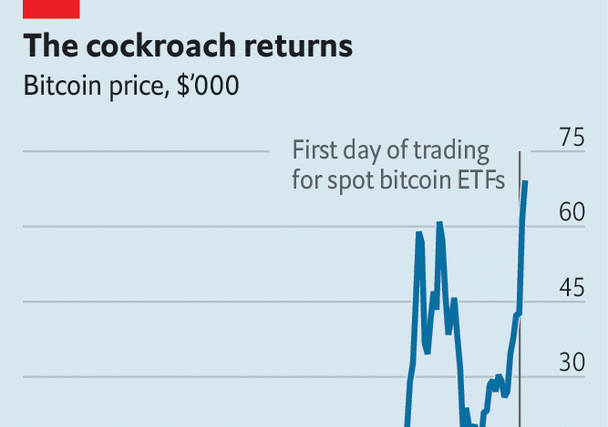The US Court of Appeals for the District of Columbia Circuit dismissed a child labor case Tuesday against technology companies and refused to hold them accountable for their alleged support of the use of children in cobalt mining in the Democratic Republic of Congo (DRC).Former cobalt miners and their representatives filed a lawsuit against five big technology companies which are Alphabet, Apple, Dell Technologies, Tesla and Microsoft under the Trafficking Victims Protection Reauthorization Act of 2008 (TVPRA). The TVPRA penalizes anyone who “knowingly benefits financially from participating in a venture that engaged in trafficking crimes.” They claimed that the mentioned companies, by purchasing cobalt through the global supply chain, were involved in a “venture” with their suppliers that engaged in forced labor of children to obtain the metal.Cobalt is a metal used to make rechargeable batteries for electronic devices such as smartphones and laptops. The DRC has the world’s largest reserves of cobalt and provides almost two-thirds of the technology sector’s needs.The former miners argued that the tech companies purchased cobalt from international suppliers who are foreign firms. The latter allegedly exploited children and forced them to work in “informal mining,” which includes working in tunnels and digging for cobalt with high risks of fatal mine collapses. By doing so, the miners claimed the tech companies participated in a venture that depends on forced labor which violates the TVPRA.According to the lawsuit, Congolese children worked in cobalt mines to escape poverty and starvation, and the international suppliers exploited their condition and engaged them in artisanal mining operations by force, sometimes even threatening the children that they would be barred from working elsewhere if they ever thought of quitting. The lawsuit also asserted that the five companies were aware of these illegal acts and yet continued to buy cobalt from international suppliers. For this reason, miners and their representatives claimed that their forced labor was “furthered” by the tech companies.However, the court rejected these claims and dismissed the lawsuit, upholding the lower court’s decision. It explained that in order to be charged under the TVPRA, claimants have to prove the tech companies’ actual “participation in a venture” engaged in forced labor in the metal’s supply chain, which they didn’t. Also, the fact that “tech companies purchase an unspecified amount of cobalt from a supply chain originating in the DRC mines does not plausibly demonstrate ” such participation. The court also added that the companies could not be charged under common law because even if they were in a venture with the chain suppliers, “co-venturers are not sufficiently connected” to the suppliers’ acts to be liable.




The Most Read
Сryptocurrencies
Bitcoin and Altcoins Trading Near Make-or-Break Levels
Financial crimes
Thieves targeted crypto execs and threatened their families in wide-ranging scheme
Financial crimes
Visa Warning: Hackers Ramp Up Card Stealing Attacks At Gas Stations
News
Capitalism is having an identity crisis – but it is still the best system
Uncategorized
The 73-year-old Vietnamese refugee is responsible for bringing Sriracha to American consumers
Uncategorized
Electric Truckmaker Rivian, Backed By Amazon, Ford, Raises Whopping $1.3 Billion